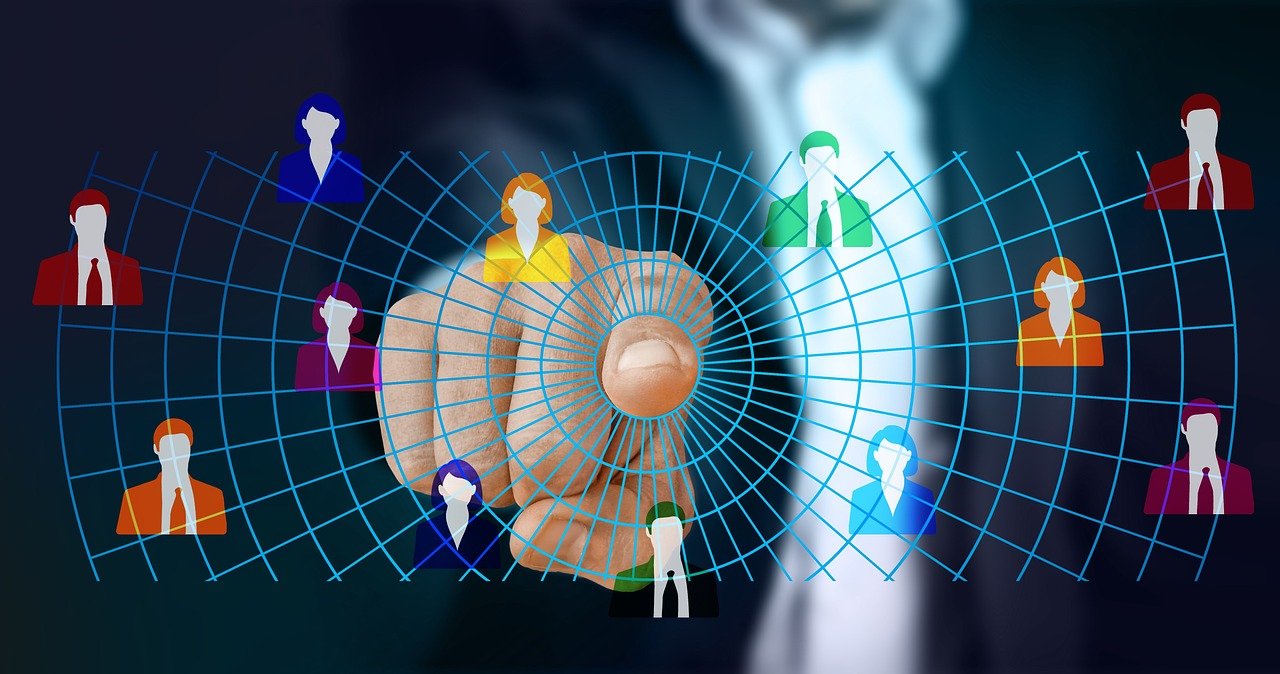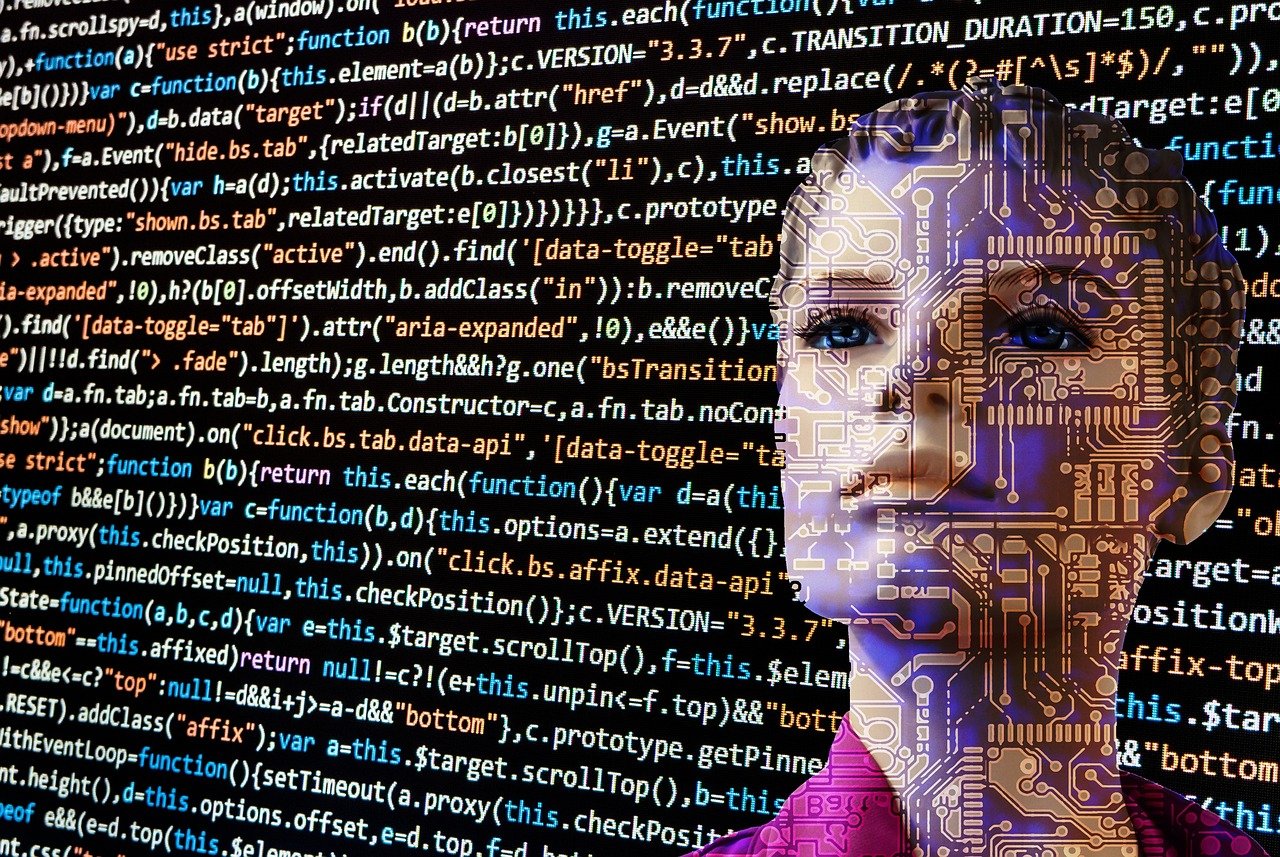
Some interesting facts about Artificial Intelligence
1. Sophia is humanoid Robot. Sophia made its first public appearance in
2016.
In 2017, Sophia was granted Saudi Arabian citizenship. Also, in that
year, Sophia was named United Nations Development Program’s first
Innovation Champion.
2. Google claimed to have created AI capable of designing computer
chips much faster than humans. While human take days or months to
design a Chip, AI can design the Chip in around 6 hours.
3. Artificial Intelligence can predict earthquakes, volcanoes etc. With
proper training data (seismic data), AI can help us in identifying the
magnitude and location of the earthquake.
4. AI –>Good for environment? Lot of computing power is required to
train an AI model. As per one research, the carbon footprint of
training a single AI is as much as 284 tons of carbon dioxide
equivalent.
But on the other hand, AI self-driving cars, for instance, may reduce
emissions by 50 percent by 2050 by identifying the most efficient routes.
5. Most AI Bots are Female.
Studies show that most of the population prefer the sound of a female voice
over a male voice. It is because if you ask voice assistants like Alexa, Siri a
question, you will be answered by a pleasant and polite woman’s voice.

World of computers and Internet:
In the world of computers, we need to understand the advantage, definition
of various things.
To start with,
a. A computer is a machine, which can capture the data, process the
data, and store the data.
b. An Internet is the way to transfer data from a machine to another
machine.
In both cases, data can be of any type that is structured data or un-
structured data. It can be a file, word document, picture, video byte, audio
file….
On similar line, machine can be of any type (smart phone, smart watch,
computer…).
Majority of the technological advancements are related to capture of data,
management of data, storage of data or presentation of data in various
forms (Internet of Things, Big data, Cloud, Blockchain, Virtual Reality or
Augmented Reality..).
But artificial Intelligence is different. It is about ‘Making a meaning of the
data, learning from that meaning and improving itself’.
That’s why AI is considered very powerful.
World of Artificial Intelligence
Imagine a world where machines possess the power of human intelligence.
A world where computers can understand, learn, and make decisions just
like us. This remarkable concept is none other than Artificial Intelligence
(AI).
Let’s embark on a captivating exploration of AI, unraveling its fascinating
nature and discovering its potential impact on our lives.
What is Artificial Intelligence
Artificial Intelligence is the cutting-edge field of computer science that
bestows machines with human-like intelligence, enabling them to learn,
reason, and make decisions.
It harnesses the power of algorithms and data to mimic human cognitive
functions and solve complex problems, revolutionizing various industries
and transforming the way we live.
Different parts of Artificial Intelligence:
Artificial Intelligence is all about, making a meaning from a set of data.
AI contains many parts.
1. Un-supervised Learning: Here machine tries to find out pattern
(cluster, group..) within a data set.
2. Supervised Learning: Here, user supplies labelled data to Machine.
Based on that machine learns and start identifying pattern/objects in
a new data set.
3. Reinforcement Learning: Here, there is no defined framework.
It works mainly on ‘reward and punishment’ model.
We can say that machines keep on trying and learning. Here machine
dynamically learns by adjusting actions based in continuous feedback
to maximize a reward.
Machines acquire knowledge from data and adapt their behavior
accordingly.
4. Deep Learning: Here machine is learning from a training set and then
applying that learning to a new data set.
5. Natural Language Processing (NLP): Here machine can understand,
interpret, and respond to human language.
History of Artificial Intelligence:
The journey of AI begins around 1950 when pioneers like Alan Turing and
John McCarthy laid the groundwork for this revolutionary field.
Important milestones include the development of expert systems in the
1970s, the birth of machine learning in the 1980s, and the rise of deep
learning in recent years.
Prominent companies like IBM, Google, and Microsoft have played
significant roles in advancing AI research and applications.
How Artificial Intelligence Works:
At its core, AI relies on algorithms and computational models to process
vast amounts of data and extract meaningful patterns.
Machine learning algorithms train on data, enabling machines to recognize
patterns and make predictions or decisions.
Deep learning, a subset of machine learning, utilizes neural networks
inspired by the human brain to solve complex tasks. AI systems learn
iteratively, refining their performance with each interaction and continuously
improving their accuracy.
In AI world, developers use various languages like Python, Julia, R, Java,
and C++.
In AI programming, these four things are kept in focus:
1. Learning: At this stage, data is acquired, accumulated from
various sources and rules (or algorithms) are defined to take
relevant actions.
2. Reasoning: Here, AI focuses on choosing the right algorithm to
reach a desired goal.
3. Self-correction: In this stage, AI keep on continuously fine-tune
algorithms. We can say that by this process, AI is continuously
improving itself.
4. Creativity: Here, AI uses statistical methods, neural networks,
rule-based systems etc. to generate new data. That data can
be a new text, new image, new music or altogether a new idea.
Note that, here one needs to understand the statistical method. So,
based on data, which was used to train AI, it can suggest words to
complete a sentence.

Application of Artificial Intelligence:
Based on the things mentioned earlier, we can see various applications of
AI like
1. Object Recognition: AI leverages computer vision to enable
machines to analyze and understand visual data, enabling
applications like image recognition and object detection.
2. Robotics: AI and robotics converge to create intelligent machines
capable of autonomous actions and human-like interactions.
3. Autonomous Machines: AI has empowered machines to perform
tasks autonomously, from self-driving cars navigating through busy
streets to robots assisting in intricate surgeries.
4. Language translation: AI is helping in almost accurate language
translation. So, hand, we can use those ‘translators’ tools’ to translate
from one human spoken language to another (Spanish to English or
English to Hindi).
Apart from that AI is also getting used to understand various voices made
by animals. In future, that will be helpful in understating what various
animals are trying to say.
5. Personal recommendation on any e-commerce site.
Apart from that, AI-driven recommendation systems power platforms
like Netflix and Spotify, analyzing user preferences and behavior to
suggest tailored content.
6. Better inventory management based on historical purchase/sale data
in a shop.
7. Streamlining the factory worker or construction worker physical
movement at site, so that they need not run around un-necessarily to
collect tools, input material which are required for their work.
8. Streamlining Vehicle movement for cargo delivery and saving on
fuels.
Apart from that, Self-driving cars employ AI technologies such as computer
vision and machine learning to navigate roads, detect obstacles, and make
real-time decisions.
9. Able to sort out recyclable items from waste.
10. Helping human worker, who are working at hazardous,
dangerous locations.
11. Helping farmers by collecting the data related to soil, pesticide
in that field and providing valuable inputs. On similar lines, help in
picking ripe fruits from trees at correct time.
12. Helping companies to discover Oil, Gold and other precious
minerals by helping them in (almost) accurately *identifying the
location, where companies should drill.
13. Sentiment Analysis by going through various social media posts
as well as feedback on website. By that a company can know the
actual reaction of customer related to its product and services.
14. Help banks in assessing the credit worthiness of a borrower.
Machine can scan through various document and go through the
social profile of borrower. Post that, it can arrive at score, credit rating
for a person.
15. Spam detection: Based on sender name, title and action taken
by user on similar type of mail in the past, machine can determine
whether a new mail comes into the category of spam mail or no.
16. AI can help in content curation by doing spell check etc. as well
as can remove the objectionable items, passage from the content.
17. Virtual assistants like Siri, Alexa, and Google Assistant utilize AI
and NLP to understand and respond to human voice commands,
facilitating various tasks and queries.
Advantages of Artificial Intelligence:
AI offers a myriad of benefits across various domains:
a) Automation: AI automates repetitive and mundane tasks, freeing up
human resources for more creative and strategic endeavors.
b) Enhanced Decision Making: AI systems can process and analyze vast
amounts of data, providing valuable insights and facilitating informed
decision-making.
c) Improved Efficiency and Accuracy: AI-powered machines can perform
tasks with incredible speed and precision, reducing errors and increasing
overall efficiency.

Other Technologies Related to Artificial Intelligence:
AI intersects with several emerging technologies, including:
a) Internet of Things (IoT): AI and IoT together enable smart devices
to gather and process data, creating intelligent, interconnected
systems.
b) Blockchain: AI and blockchain integration can enhance the security,
transparency, and efficiency of AI systems, ensuring data integrity
and privacy.
c) Cloud Computing and Big Data: For AI to do complete processing
and improve the algorithm, it requires lot of data as well as computing
power.
Apart from that, one should get knowledge about machine learning and deep learning.
You can read my articles related to these at
raktimsingh.com/machine-learning/
raktimsingh.com/what-is-deep-learning/
What Artificial Intelligence Doesn’t Contain:
AI is a powerful tool but lacks certain human qualities:
a) Consciousness: AI lacks self-awareness and doesn’t possess
consciousness or subjective experiences.
b) Emotional Intelligence: While AI can analyze emotions in humans, it
doesn’t experience emotions itself.
c) Common Sense: AI systems struggle with common-sense reasoning
and may misinterpret context without explicit instructions.
When You Should Not Use Artificial Intelligence:
While AI offers numerous advantages, there are situations where
alternative approaches may be more suitable:
a) High Stakes Decision-Making: In critical scenarios with significant
consequences, human expertise and judgment may be preferable
over AI’s predictive capabilities.
b) Ethical Dilemmas: AI systems may struggle with complex ethical
decisions that require empathy, compassion, and understanding.
c) Unavailable or Inaccurate Data: AI’s performance heavily relies on the
quality and availability of data. In cases where relevant data is limited or
biased, alternative approaches may be necessary.
Companies Using Artificial Intelligence:
a) Google: Google employs AI across its wide range of products, from
Google Search to Google Assistant. It utilizes AI for natural language
processing, image recognition, and personalized recommendations.
b) Amazon: Amazon’s AI powers its recommendation system, voice-
controlled devices like Echo, and the automation of its warehouses with
robots.
c) Tesla: Tesla's vehicles incorporate AI for self-driving capabilities, using
complex algorithms to analyze sensor data and make informed decisions
on the road.
Industries Using Artificial Intelligence:
a) Healthcare: AI is transforming healthcare through applications like
disease diagnosis, drug discovery, and personalized medicine.
b) Finance: AI is revolutionizing the finance industry by enabling fraud
detection, algorithmic trading, and customer service chatbots.
c) Manufacturing: AI-driven robotics and automation enhance productivity
and quality control in manufacturing processes.
Industries That Can Further Benefit from Artificial Intelligence:
a) Education: AI can personalize education, adapt curriculum, and provide
intelligent tutoring, fostering individualized and effective learning
experiences.
b) Agriculture: AI can optimize crop yields, monitor soil conditions, and
enable precision farming, ensuring sustainable and efficient agricultural
practices.
c) Retail: AI can enhance customer experience through personalized
recommendations, inventory management, and autonomous checkout
systems.
The Future of Artificial Intelligence:
As AI continues to evolve, we can expect its integration into more aspects
of our lives. It holds immense potential in areas like healthcare,
transportation, and environmental sustainability.
However, ethical considerations, data privacy, and responsible AI
development will remain critical to its future success.
Conclusion:
Artificial Intelligence has emerged as a groundbreaking technology,
empowering machines with human-like intelligence and capabilities.
Its remarkable progress and potential have revolutionized various
industries and transformed the way we live and interact with technology.
As we venture into the future, the responsible and ethical development of
AI will shape its impact, ensuring a harmonious coexistence between
humans and intelligent machines.


excellent piece Raktim. Gives a very rounded view of Artificial Intelligence. Kudos.